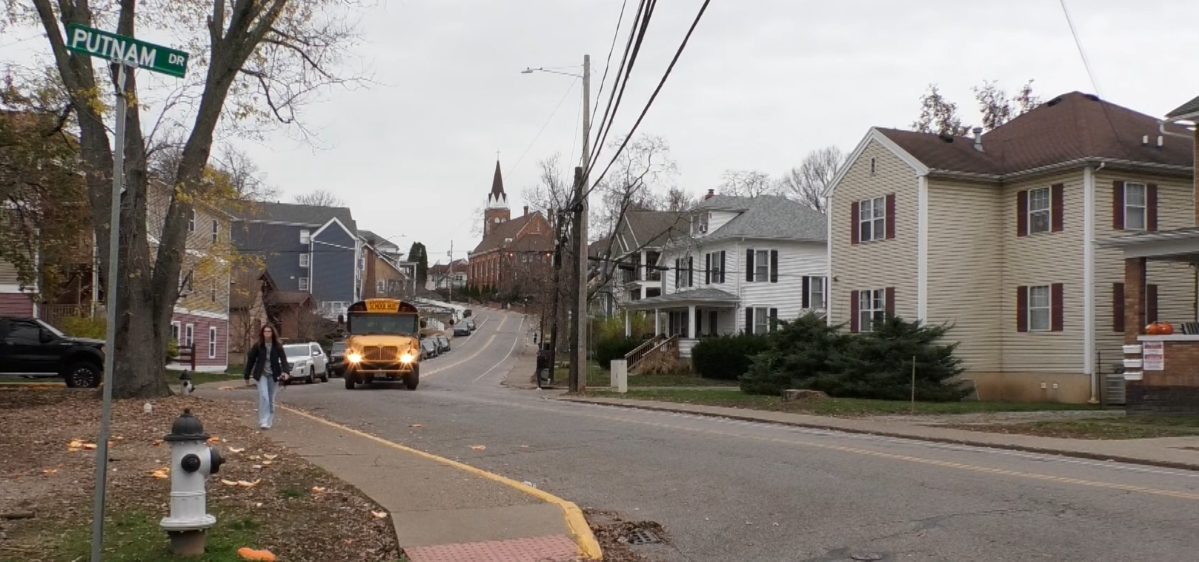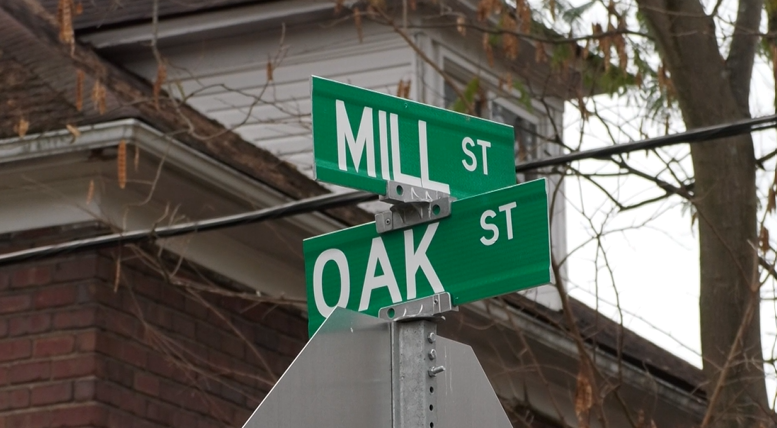News

A new proposed state law could cost Ohio renters more money
By: Alison Patton
Posted on:
ATHENS, Ohio (WOUB) — Brandon Schlichter has about 100 properties in and around Circleville. He’s had his ups and downs of being a landlord.
“I do know that over the course of the last 10 years, I’ve paid about $25-35,000 in tenant utility bills that I ultimately didn’t feel responsible for,” Schlichter said.
He makes a living off his properties, along with a couple other businesses. When renters don’t pay their utility bills, Schlichter gets the tab.
“So now, if I get stuck with a $750 water bill, I’m out 10 months worth of money that I was hoping to profit,” he said.
But that may change soon.
Municipalities are allowed to collect delinquent utility bills from anyone tied to the house, and oftentimes that’s the landlord rather than the renters.
“If you use the service, then you’re the one responsible for that bill,” said Deborah Collins, an administrative assistant at the Ohio Real Estate Investors Association.
Typically, landlords are on the hook when the tenant moves out and doesn’t pay the last utility bill. Some landlords see delinquent bills over $1,000.
House Bill 93 would change the way these past-due bills are collected. It would require municipalities to collect directly from renters. Many municipalities are opposed to the bill.
Andrew Chiki, Athens deputy service-safety director, said it would require the city’s utilities department to track down the renter at each home and create a new account for them, which could take weeks.
Athens has over 700 rental units, and the city doesn’t keep track of who the tenants are, just the landlords. The city leaves it to the landlord and tenant to work out who is responsible for paying the utilities.

“What’s actually happening is creating a very inefficient system that has been dealt with and worked through and refined over many, many years across many communities,” he said.
The city would also have to hire more staff to keep track of payments and services, Chiki said.
“Our capacity to be able to absorb potential nonpayment is very, very low, which means we have to increase utilities across the board for all residents to cover potential nonpayment,” he said.
If the bill doesn’t pass, Collins said, landlords might have to increase rent or security deposits.
“Security deposits are already a barrier to housing,” she said. “I would hate to ask for a first month’s rent, security deposit and a $500 water deposit. I think that’s really going to make it difficult for people to get into housing that they need.”
However, if it does pass, there could be lawsuits.
Rod Davisson, an Ohio Municipal League trustee who testified against the bill at a Senate committee hearing Tuesday, said the law is unconstitutional and violates municipalities’ right to home rule.
“I think if they consider that rule, that they probably wouldn’t pass this bill, because it’s going to lead to court challenges,” Davisson said.
A municipality can place a lien on a property if a utility bill goes unpaid for a certain amount of time, Davisson said. This bill restricts that ability.
The bill has to be paid somehow, and if it’s not the renters or landlord it falls on the municipality to cover the cost, Davisson said.
“Those losses are going to have to be transferred to the rest of the folks who do pay their bills in terms of higher water rates, higher tap fees,” Davisson said.
H.B. 93 has until the end of the year to become law or it will need to be reintroduced in the new legislative session next year.
It’s in the Senate Local Government Committee and needs to pass out of there before going to a full Senate vote. It would then go to the governor’s desk to be signed into law.

